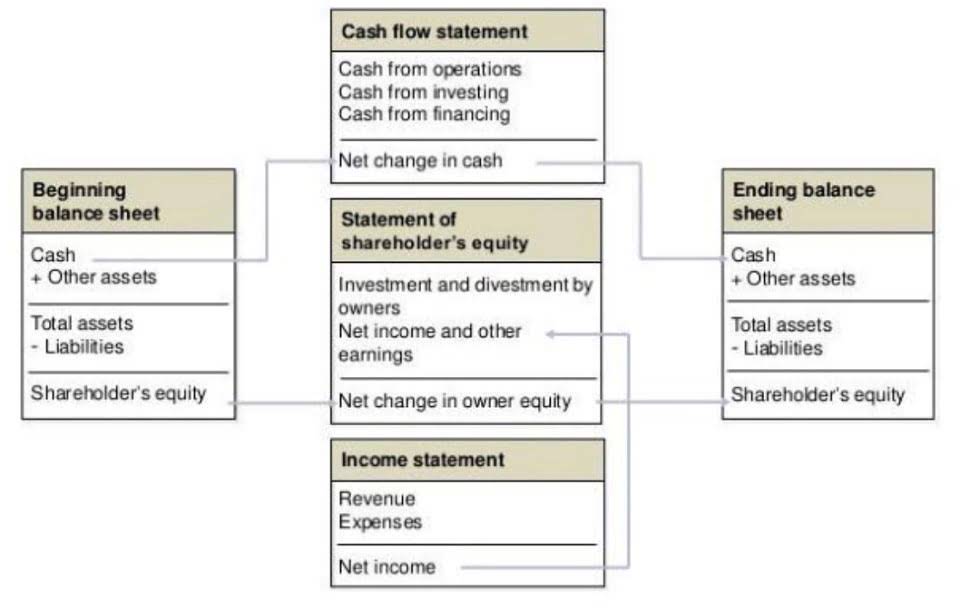
In the case of subscription services, revenue installments are made at different times during the contract. For annual contracts, a prepayment is made at the beginning of the period. A business then would perform the service monthly and recognize a certain amount of revenue each month. It would go in the “liabilities” category, as it is money owing. The business has not yet performed the service or sent the products paid for. When the business provides the good or service, the unearned revenue account is decreased with a debit and the revenue account is increased with a credit.
- Initially, the total amount of cash proceeds received is not allowed to be recorded as revenue, despite the cash being in the possession of the company.
- If the value was entered as an asset rather than a liability, the business’s profit would be overstated for that accounting period.
- As each month of the annual subscription goes by, the monthly portion of this total can be deducted and recorded as revenue.
- The key difference between unearned and accrued revenue lies in the timing of the transaction and the company’s obligation.
- After two months, she attends five personal training session.
- Each month, as it provides the service, it would reduce the unearned income by $1,000 and recognize that amount as revenue.
- Unearned revenue, by its nature, is a liability for a company because it represents a service or product that the company is obligated to provide in the future.
The company has the money, but it also must provide updates throughout the year. Until those updates are provided, the money is considered unearned revenue. This is because it represents a company’s obligation to provide future services or goods. A subscription accounting firm offers monthly services for $400.
Criteria for Unearned Revenue
This liability is noted under current liabilities, as it is expected to be settled within a year. What happens when a business receives payments from customers before a service has been provided? These types of prepayments are recorded as unearned revenue.
- As a result, the completed-contract method results in lower revenues and higher deferred revenue than the percentage-of-completion method.
- In such cases, the unearned revenue will appear as a long-term liability on the balance sheet.
- A business will need to record unearned revenue in its accounting journals and balance sheet when a customer has paid in advance for a good or service which they have not yet delivered.
- It’s also used when the payment received is non-refundable, and the company has no remaining obligations to the customer.
- There are a few additional factors to keep in mind for public companies.
While unearned revenue refers to the early collection of customer payments, accounts receivable is recorded when the company has already delivered products/services to a customer that paid on credit. This will debit the unearned revenue liability account and credit the revenue earned account in the income statement. When a company uses the accrual accounting method, revenue is only recognized as earned when money is received from a buyer and the goods or services are delivered to the buyer. When a company accrues deferred revenue, it is because a buyer or customer paid in advance for a good or service that is to be delivered at some future date.
What Is An Unearned Revenue Schedule?
Upon receipt of the payment, the services have yet to be provided. The club would debit cash and credit deferred revenue for $240. At the end of the second quarter of 2020, Morningstar had $287 million in unearned revenue, up from $250 million from the prior-year end. The company classifies the revenue as a short-term liability, meaning it unearned revenues are classified as liabilities expects the amount to be paid over one year for services to be provided over the same period. Therefore, the revenue must initially be recognized as a liability. Note that when the delivery of goods or services is complete, the revenue recognized previously as a liability is recorded as revenue (i.e., the unearned revenue is then earned).
It plays a significant role in ensuring the accuracy of a company’s financial statements, which is vital for several reasons. Every month, once James receives his mystery boxes, Beeker’s will remove $40 from unearned revenue and convert it to revenue instead, as James is now in possession of the goods he purchased. At the end of the six months, all unearned revenue has converted into revenue, since all money received accounts for the six mystery boxes that have been paid for. The owner then decides to record the accrued revenue earned on a monthly basis.

